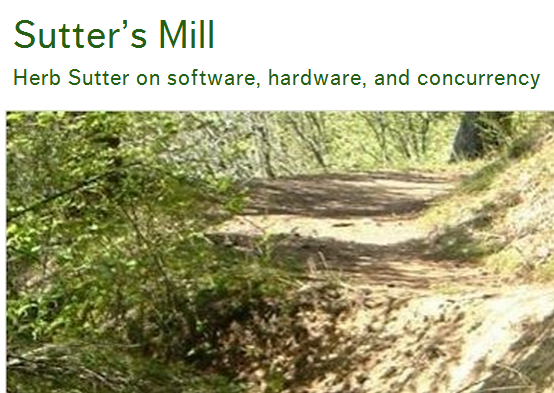Quick Q: Is atomic decrementing more expensive than incrementing? -- StackOverflow
Quick A: No, not in general. Yes, in the specific case of a reference counted smart pointer which can take advantage of its special semantics.
Is atomic decrementing more expensive than incrementing?
In his Blog Herb Sutter writes
[...] because incrementing the smart pointer reference count can usually be optimized to be the same as an ordinary increment in an optimized
shared_ptrimplementation — just an ordinary increment instruction, and no fences, in the generated code.However, the decrement must be an atomic decrement or equivalent, which generates special processor memory instructions that are more expensive in themselves, and that on top of that induce memory fence restrictions on optimizing the surrounding code.
The text is about the implementation of
shared_ptrand I am not sure if his remark applies only on this or is generally the case. From his formulation I gather it is generally.But when I think about it I can only think of "more expensive decrement" when a
if(counter==0)immediately follows -- which probably is the case withshared_ptr.Therefore I wonder if the atomic operation
++counteris (usually) always faster than--counter, or just because it is usedif(--counter==0)...withshared_ptr?


 The solution to the latest GotW problem is now available:
The solution to the latest GotW problem is now available: